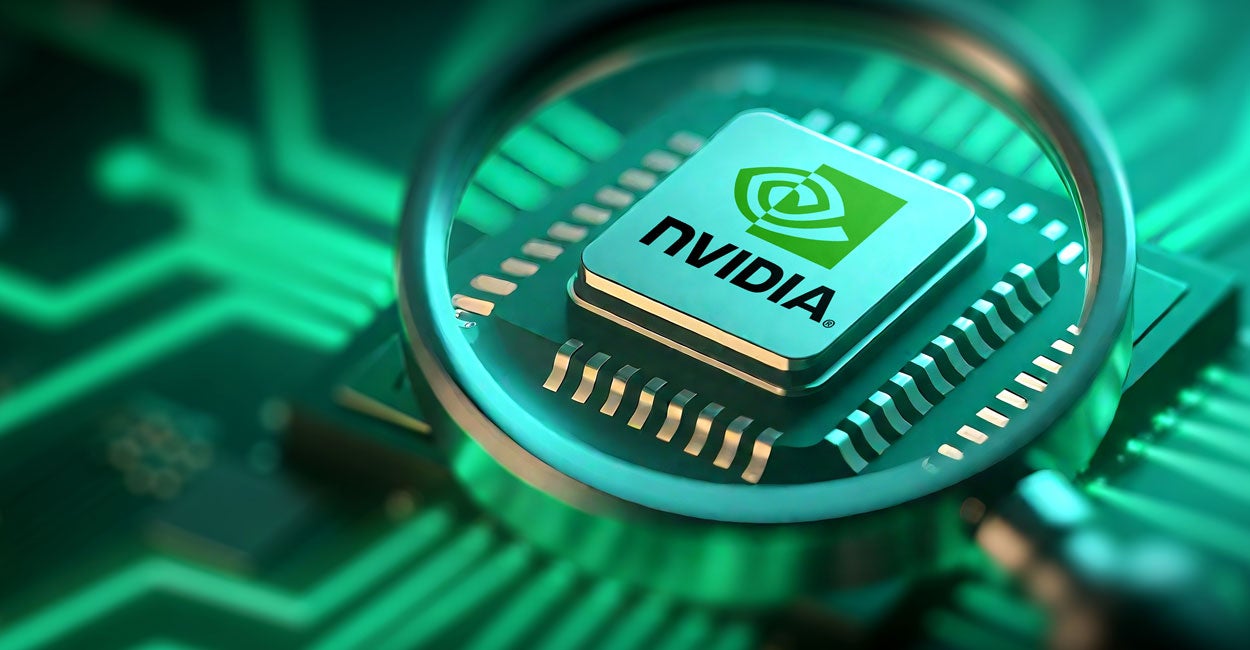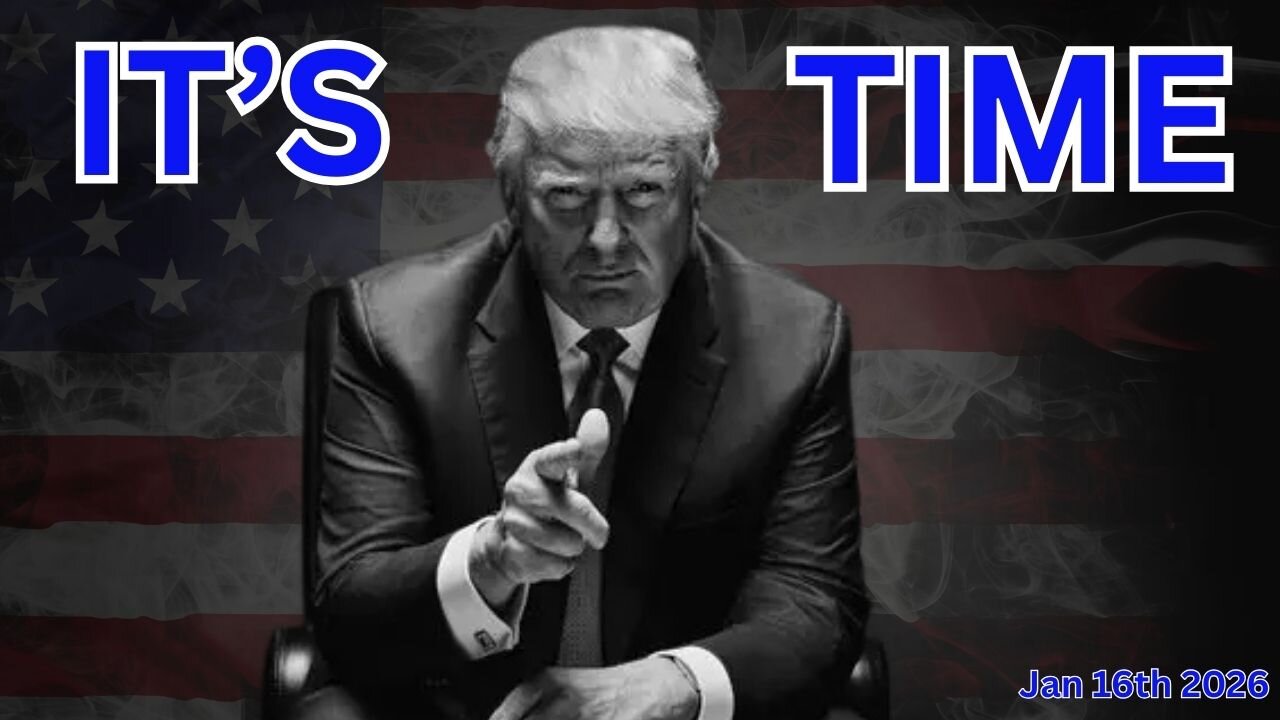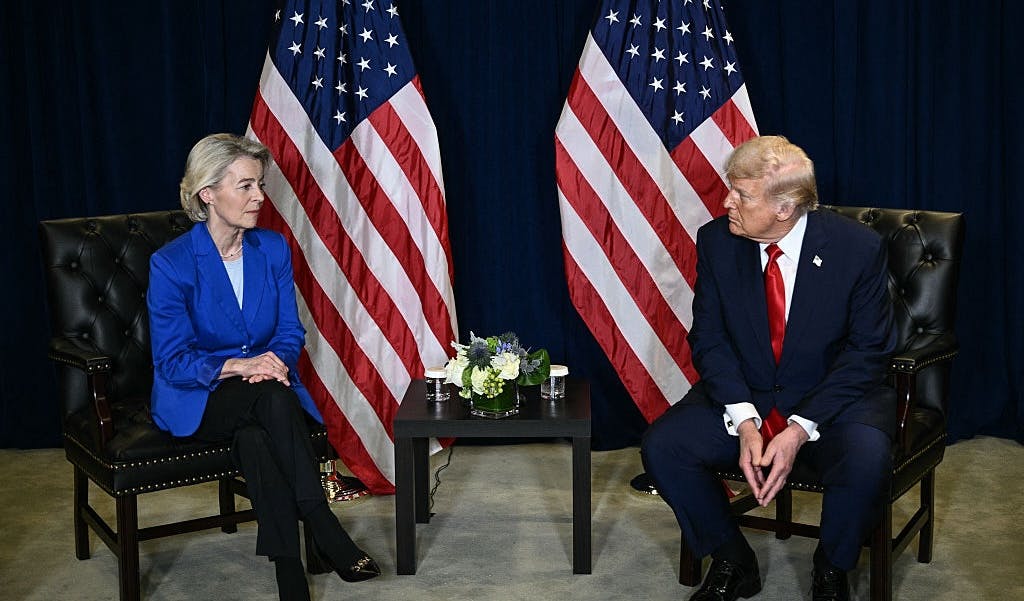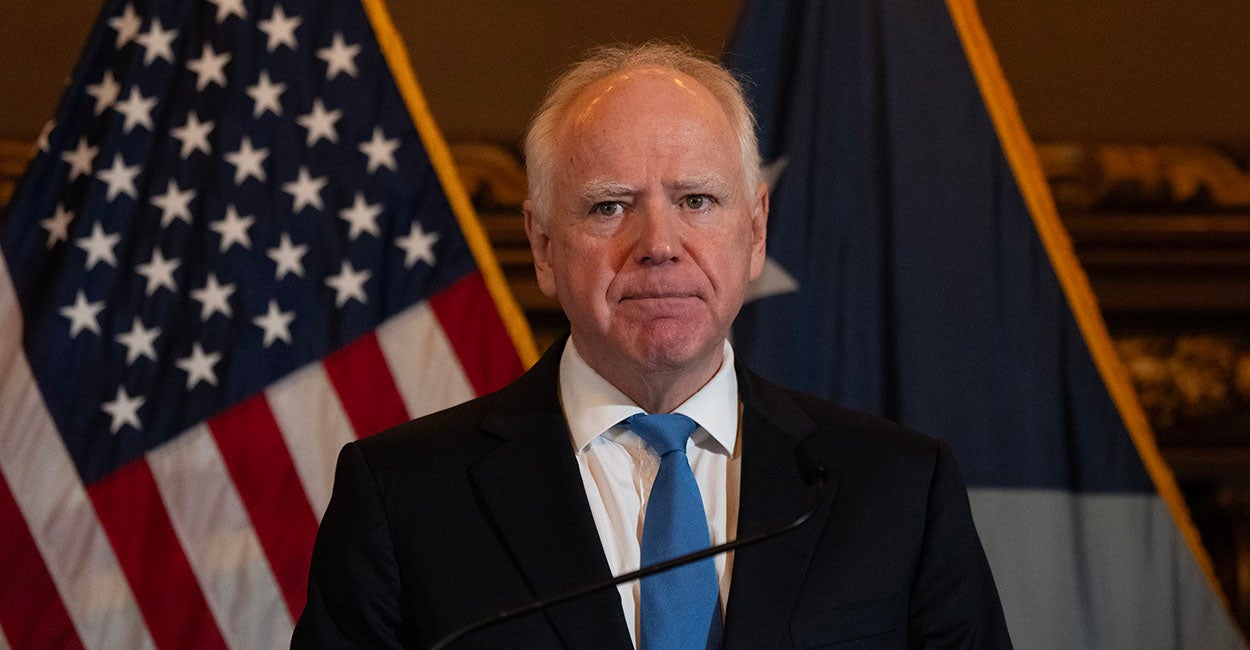China’s Sudden ‘Safety Concern’ of Nvidia’s Chips May Be Driven by Other Motives

In an escalation of geopolitical tensions between the U.S. and China, Chinese regulators accused Nvidia’s artificial intelligence chips of harboring a security risk.
Live Your Best Retirement
Fun • Funds • Fitness • Freedom
Nvidia representatives in China were recently summoned by Chinese cybersecurity officials and asked about the “backdoor security risks” associated with Nvidia’s H20 chips. Chinese officials assert that such vulnerabilities could enable anyone to track and exercise remote control over these chips. To alleviate these concerns, Nvidia has been urged to submit comprehensive information related to its H20 chips.
Following Nvidia’s strong denial of any alleged backdoor functions of its AI chips, the People’s Daily, a state-run media and the mouthpiece of the Chinese Communist Party, posted an op-ed titled “How Can We Trust You, Nvidia?” on WeChat, a popular social media and messaging app in China. The op-ed challenges Nvidia to comply with regulators’ requests and provide credible evidence of the chip’s security to restore trust.
Anyone who closely observes the inner workings of the Communist regime understands that the CCP frequently uses overt justifications to conceal its true intentions. Therefore, the coordinated attacks on Nvidia by Chinese regulators and state media appear to be driven by motives beyond mere concerns about alleged security risks.
Grasping the real motives behind China’s actions hinges on recognizing the importance of semiconductor chips, which are the backbone of modern technology and represent a key battleground in the strategic rivalry between the United States and China.
Since 2015, China has prioritized semiconductors as essential for technological dominance, as outlined in the “Made-in-China 2025” initiative. The government has invested billions in major domestic companies like Huawei and Semiconductor Manufacturing International Corporation to achieve self-sufficiency in chip design and manufacturing, positioning itself as a global technology leader.
Chinese chipmakers have made significant strides in narrowing the technological divide with leading companies such as Nvidia and the Taiwan Semiconductor Manufacturing Company. Despite this progress, Chinese chipmakers still struggle to fully master the design and production of advanced AI chips, where Nvidia maintains a notable advantage.
As a result, many Chinese companies, particularly those in the AI sector, remain heavily reliant on Nvidia’s AI chips. Notably, Beijing has not previously raised any security concerns regarding any of Nvidia’s products.
Between 2022 and 2024, the Biden administration imposed multiple export controls, restricting American chip manufacturers, including Nvidia, from exporting their most advanced AI chips to China. This measure was intended to slow down the growth of China’s AI industry and Chinese military’s modernization based on the latest technology, which could pose a threat to the security of the U.S. and its allies.
Nvidia opted to sell downgraded versions of its advanced AI chips, including the H20, within China. Meanwhile, smuggling operations to bring banned Nvidia AI chips to China have flourished.
Early this year, China’s AI startup DeepSeek made headlines by announcing that its latest model’s performance matches with leading U.S. products like ChatGPT but at a fraction of the cost. DeepSeek reportedly achieved this impressive feat by utilizing smuggled Nvidia AI chips. The Trump administration responded by banning the exports of high-performance chips including H20 to China.
Nvidia’s CEO Jensen Huang has been a vocal critic of the U.S. government’s export controls on chips. China is an essential market for Nvidia’s bottom line, accounting for 15.5% of its business as of April 2025. In addition to economic concerns, Huang argued that the ban was ineffective, as China’s AI companies continue to innovate at stunning speed, rolling out higher-performance and cheaper open-source AI models. All U.S. export controls have done is to inhibit U.S. tech leadership while giving room for Chinese rivals to thrive and take market shares away at the expense of American companies, including Nvidia.
Huang’s argument resonated with the Trump administration, leading to a significant policy shift as the export ban on chips was lifted last month. This new approach prioritizes the promotion of American leadership in the AI sector rather than setting restrictions. In a recently unveiled AI action plan, the Trump administration asserts that “the United States must meet global demand for AI by exporting its full AI technology stack—hardware, models, software, applications, and standards—to all countries willing to join America’s AI alliance.” This strategy aims to prevent adversaries such as China from making our allies dependent on Chinese AI technology and supply chain.
In contrast, China has been aggressively pursuing its AI dominance through a whole nation approach, coordinating state and business efforts to meet its strategic objectives by any means necessary.
Beijing has a history of employing both illegal methods, like state-sponsored intellectual property theft, and legal means to acquire critical technologies. For instance, Huntsman Corporation, a U.S. chemical manufacturer, was compelled to share sensitive information during a licensing review in China, after which a Chinese competitor was found using Huntsman’s technologies to replicate its products, highlighting the need for proactive U.S. measures in this tech race.
Given the historical precedents, it’s likely that China’s concerns about Nvidia’s chips and its requests for document sharing are tactics to compel Nvidia to disclose the technology behind the H20 chip if it wishes to maintain access to the lucrative Chinese market. The threat posed by competitors like Huawei and Semiconductor Manufacturing International Corporation gaining Nvidia’s intellectual property is significant. This situation could catalyze China’s rapid advancements in AI chip development, potentially closing the gap with Nvidia’s current dominance in the industry.
Therefore, it is imperative for the Trump administration to firmly communicate to Beijing that any attempt to force Nvidia or other American companies to transfer their technologies is intolerable. Furthermore, the final trade agreement with China must incorporate stringent safeguards against Beijing’s long-held practice of coerced technology transfer to ensure the protection of American innovation and maintain our global competitiveness.
We publish a variety of perspectives. Nothing written here is to be construed as representing the views of The Daily Signal.
The post China’s Sudden ‘Safety Concern’ of Nvidia’s Chips May Be Driven by Other Motives appeared first on The Daily Signal.
Originally Published at Daily Wire, Daily Signal, or The Blaze
What's Your Reaction?
 Like
0
Like
0
 Dislike
0
Dislike
0
 Love
0
Love
0
 Funny
0
Funny
0
 Angry
0
Angry
0
 Sad
0
Sad
0
 Wow
0
Wow
0












































































